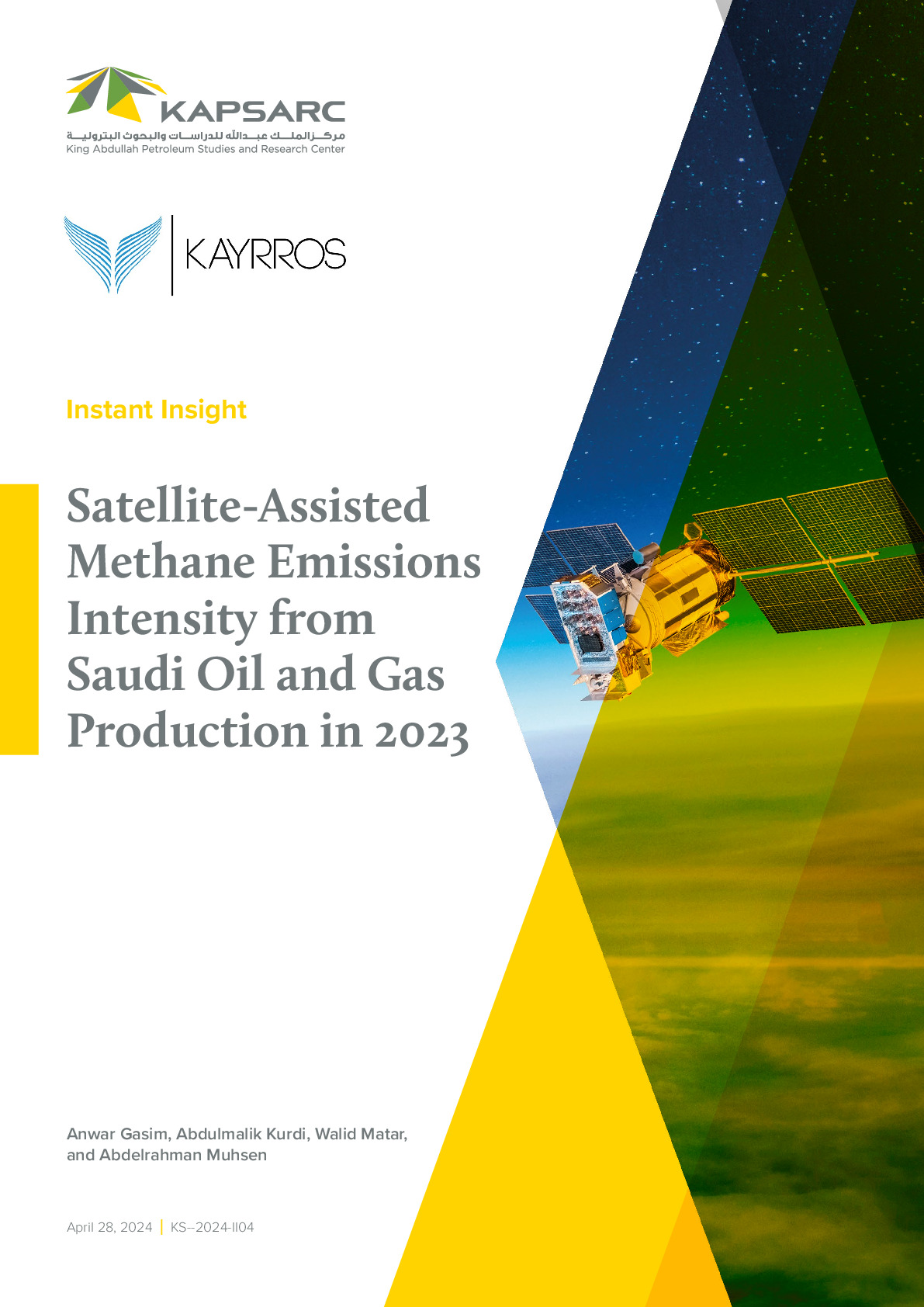Empirical estimates of fuel demand changes to price variation are based on historical consumption and prices, and can be applied as a single point estimate to a wide range of price movements. However, if fuel prices are set outside the boundaries of historical changes, policymakers may be concerned as to the validity of the empirically assessed price elasticity. We developed a transport model to provide a techno-economic estimate of the long-run price elasticity of fuel demand. It incorporates consumers’ choices as a result of several factors, including fuel substitutes, available transport modes, income, value of time and magnitude of price change. Our findings from the application of this transport model to Saudi Arabia show that policymakers can have confidence that the empirical estimates are broadly valid, even for large changes and if prices move outside historical variations. In general, gasoline demand in Saudi Arabia is price inelastic due to the lack of fuel and modal substitutes. However, our approach suggests that the response may become more pronounced when the magnitude of the change increases. The long-run cross-price elasticity of diesel is not constant. Demand for diesel will increase if gasoline price is raised significantly. The change in jet-fuel use is negligible. © 2018, Springer Science+Business Media B.V., part of Springer Nature.



